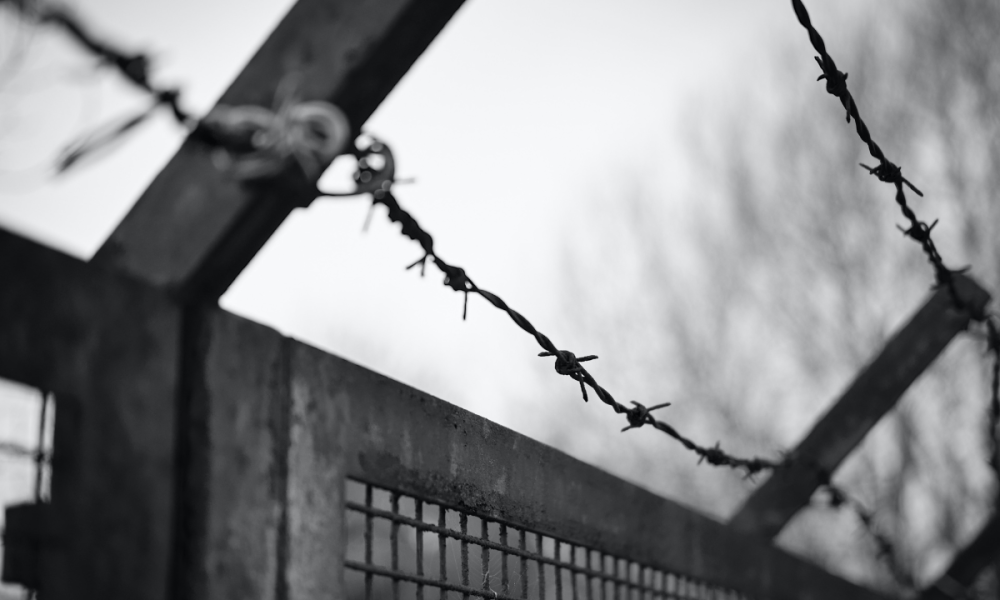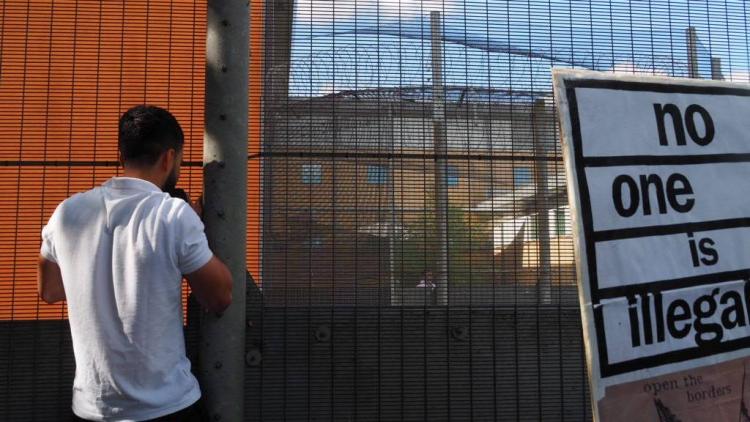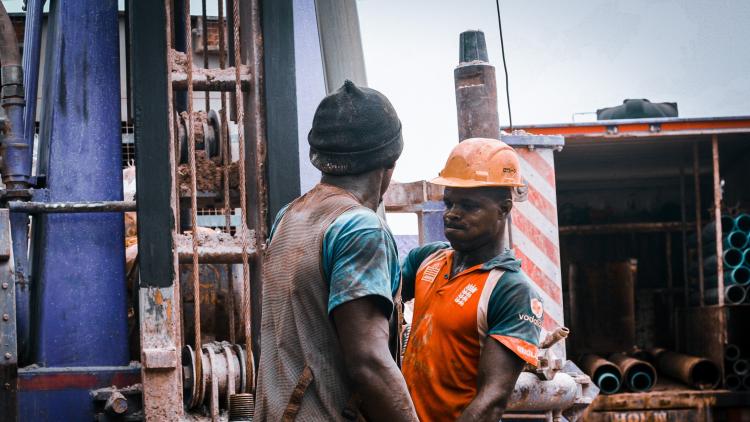Riots in Knowsley: How the state perpetuates violence in asylum accommodation


On Friday night, streets outside The Suites Hotel in Knowsley, North West England, which accommodates asylum seekers since January last year, were transformed into a war zone.
Hundreds of far-right demonstrators surrounded this Merseyside hotel holding “This is our city" posters, chanting "get them out", and hurling missiles. The efforts of over one hundred courageous people, including members of the Merseyside Pensioners Association, Care for Calais, and various pro-migrant groups, which had congregated in support of hotel residents, were unsuccessful. Police intervention was futile, with one of their vans destroyed by flames. By Sunday, fifteen people, including a 13-year-old boy, were arrested, and a teenager was charged with beating an emergency worker.
Words can start fires
This is but the latest in a long list of violent attacks on asylum accommodation facilities in the UK. Condemnations of this episode have rightly pointed the finger at the government’s rhetoric on migration matters. Expressions such as “invasion” or “swarm” are commonly used by the Home Office, various politicians and the press to describe UK-bound migration. Words can start fires, and such dehumanising language is known to act as a "dog whistle" for the far right and to embolden extremists. Indeed, the involvement of neo-Nazi groups in the Knowsley attack and in other recent race hate episodes has already been documented.
It is important to recognise, however, that the violence exerted on migrants by the current asylum regime goes well beyond the government’s rhetoric and the intolerable violence of right-wing thugs. Even without riots and missiles, asylum seekers accommodated in hotels are subjected to everyday forms of state violence.
Everyday forms of state violence
First, the Home Office’s excessive reliance on hotel accommodation following the spread of the SARs-COV2 pandemic has had appalling effects on those forced to stay for prolonged periods of time in rooms designed for short stays. As the Refugee Council reported last year, hotel accommodation forces asylum seekers to live in a state of limbo and to endure the same boring, monotonous routine day after day, week after week. Many facilities are run-down and insect-infested. Worse, the scant safeguarding arrangements characterising many of these hotels leave children exposed to the risk of being recruited by gangs and expose occupants to sexual harassment or direct acts of violence by those in charge of providing accommodation.
Second, hotels are one type of accommodation in an integrated asylum system that boasts infamous processing centres like that in Manston or quasi-detention facilities like Napier barracks, and that “houses” just under 30 thousand migrants a year in detention facilities. The Suites Hotel in Knowsley is only one node in a privatised detention/reception continuum of facilities accommodating migrants across the UK, which engenders bumper profits for the contractors managing them. Profits and violence are always cojoined in matters of asylum accommodation.
Third, asylum seekers are subjected to forced relocations across facilities. With prior little notice, they may be relocated hundreds of miles away, often three or four times during the long time spent waiting for their case to be heard. In fact, the latest Home Office Bill even includes plans to extend the forced displacement of asylum seekers beyond the UK. Asylum seekers are uprooted from these facilities, regardless of their doctor’s appointments, school attendance registers, friendships, and the occasional presence of feeble support networks. And this is when they are not simply abandoned in the middle of the street without money, food or anywhere to go. The Home Office forcibly displaces people who, in most cases, have already been forced to flee war and persecution.
Anti-migrant attacks are not unique to the UK
To be sure, violent attacks on migrants’ accommodation sites are not unique to the UK. Over the last few months, we have witnessed them in Ireland, Germany, Switzerland, and beyond Europe. Hotel accommodation and quasi-detention facilities, similarly, are not a UK invention. Denmark, Germany, France, and most other European countries, have dealt with the accommodation of asylum seekers in similar ways.
This is the case in Italy too, and it is precisely my experience in that context that makes me particularly anxious about the Knowsley riot. The racist attacks on asylum reception centres by emboldened right-wing fringes are not just unacceptable violent incidents to be condemned, or the expression of an incompetent asylum system that can somehow be fixed, as politicians and commentators in the UK have promptly suggested.
As I document in my research, they are the product of violent border management policies which shape the meaning of citizenship, of privatised asylum systems that weaken democracy, and of deliberate state-orchestrated processes of marginalisation of asylum seekers that aim at severing their meaningful participation in the communities in which they reside. These are issues that affect us all.
The attack on Knowsley residents is not just an attack on migrants. It is an attack on all of us.
About the author
Dr Paolo Novak is a Senior Lecturer in Development Studies at SOAS. Paolo’s research is concerned with the conceptual and contextual relation between borders, migration and development. His current research project is titled: “Asylum seeker’s reception: taxonomies and location”. Find out more.




